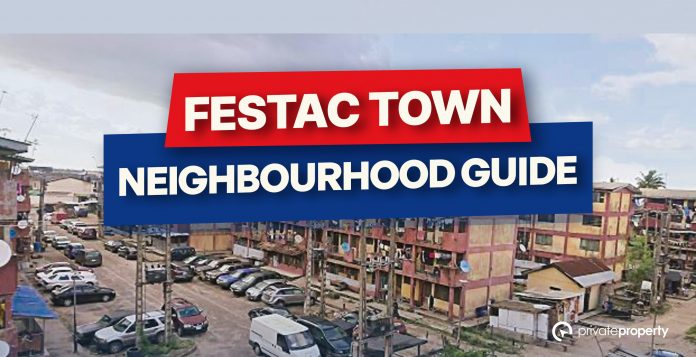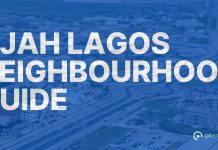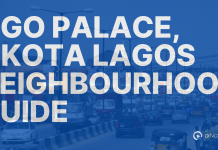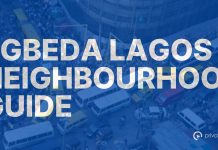Festac Town, located in the Amuwo Odofin area of Lagos, Nigeria, is a community rich in history and character. Originally established to host the Festival of Arts and Culture (FESTAC ’77), Festac Town has evolved from its origins as a cultural showcase into a lively residential and commercial district. The town’s distinctive layout, featuring a systematic grid of streets, makes it one of the most recognizable areas in Lagos.
The streets of Festac Town each carry their own unique identity, contributing to the town’s charm and bustling atmosphere. For residents, visitors, and anyone intrigued by the dynamic nature of Lagos’ neighborhoods, understanding these streets is essential to appreciate the full scope of Festac’s community life. This post will guide you through a detailed list of streets in Festac Town, offering a closer look at the essence of this historic and vibrant part of Lagos.
Festac Town, known for its unique blend of culture, history, and modernity, is a place where past and present meet in an urban landscape full of life. From its origins as a site for the renowned FESTAC ’77 to its growth into a lively neighborhood, Festac is more than just a place—it’s an experience. This guide will take you through the ins and outs of Festac Town, exploring its notable attractions, vibrant markets, residential streets, and community hotspots. Whether you’re planning a visit, considering a move, or just want to know more about this iconic Lagos neighborhood, this Festac Town Neighbourhood Guide will help you navigate and appreciate all that it has to offer.
Interesting Facts about Festac Town, Lagos
1. Origins Tied to FESTAC ’77:
Festac Town was built to accommodate participants of the Second World Black and African Festival of Arts and Culture, held in 1977. The event celebrated African heritage and was a major cultural milestone.
2. Planned Community:
Unlike many neighborhoods in Lagos, Festac Town was designed as a planned community with a systematic street layout, complete with residential, commercial, and recreational areas.
3. Cultural Hub:
Festac Town has been home to various artists, musicians, and cultural influencers, helping to foster a lively arts scene.
4. Architectural Features:
The original architecture of Festac Town includes mid-century modern designs that have given way to a blend of old and new structures as the area has developed.
5. Historic Significance:
The town symbolizes a period of unity and pride for Nigeria, as it represented the country’s ability to host a world-class event that celebrated African identity.
6. Economic Growth:
Over the years, Festac Town has grown to be a bustling commercial hub, with a variety of shops, markets, and businesses contributing to Lagos’ economy.
7. Community Spirit:
The town is known for its strong sense of community, where residents often engage in neighborhood events and activities that strengthen social ties.
SEE ALSO: Properties for Sale in Festac
Conclusion
Festac Town’s unique blend of history, culture, and modernity makes it more than just a neighborhood; it is a living testament to Lagos’ dynamic spirit. From its meticulously planned streets to its vibrant community life, Festac Town embodies the essence of resilience and growth. Whether you’re drawn by its historical roots, its cultural significance, or its bustling economic activity, Festac Town continues to stand as a cherished part of Lagos’ identity, bridging the past and the present while inspiring the future.









